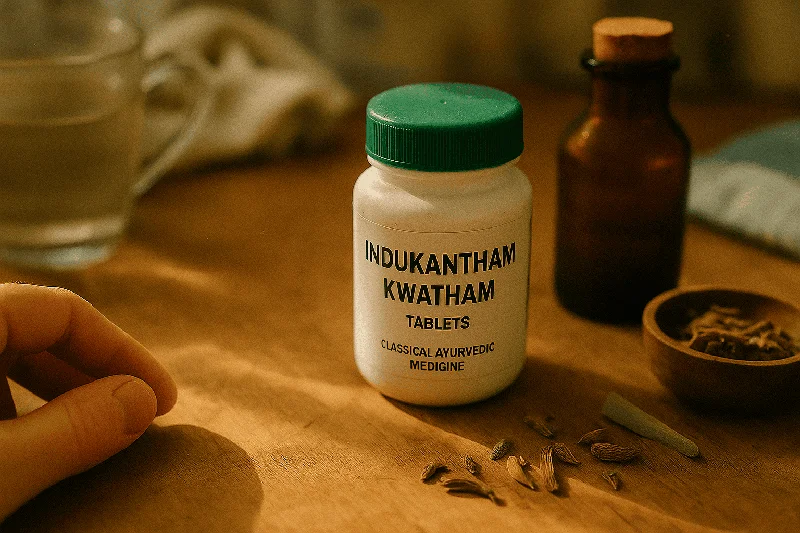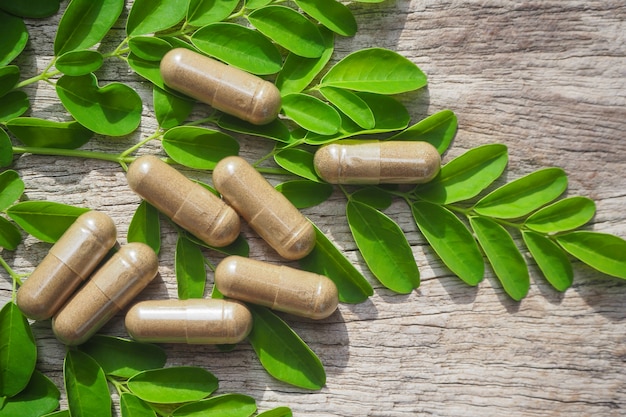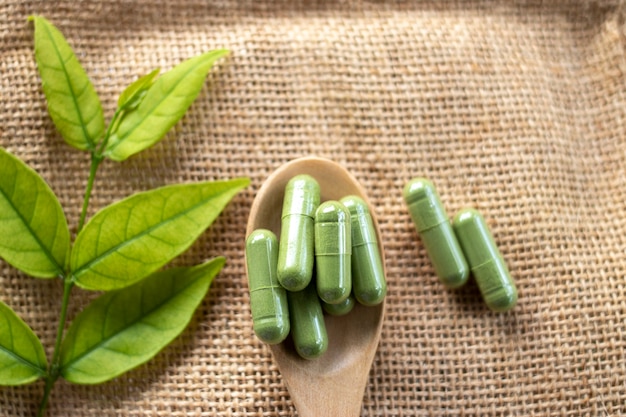Ask Ayurvedic doctor a question and get a consultation online on the problem of your concern in a free or paid mode. More than 2,000 experienced doctors work and wait for your questions on our site and help users to solve their health problems every day.
Indukantham Kwatham Tablets Uses: Benefits & Research Insights

Indukantham Kwatham—an Ayurvedic formulation with a centuries-long track record—continues to garner interest among health practitioners and patients alike. Whether you are new to Ayurveda or seeking a natural adjunct to your healthcare routine, understanding Indukantham Kwatham tablets’ uses can be transformative. In this article, we will delve into the formulation’s origins, its scientific underpinnings, commonly cited benefits, and the current state of research. You’ll also find expert recommendations, practical tips, and an evidence-based perspective to guide your decisions.
1. What Is Indukantham Kwatham?
Indukantham Kwatham is a classical Ayurvedic formulation often provided in the form of tablets or a decoction (known traditionally as “kwatha” or “kwatham”). The name “Indukantham” derives from ancient Ayurvedic texts, reflecting its historical importance in balancing various bodily energies (doshas). Practitioners typically prescribe this formulation to promote overall digestive health, boost immune function, and support vitality.
Historical Roots
- Ayurvedic Legacy: Recorded in classical texts like the Ashtanga Hridaya, Indukantham Kwatham has been used for centuries to address a variety of ailments.
- Holistic Approach: Ayurveda emphasizes the equilibrium of Vata, Pitta, and Kapha doshas. Indukantham Kwatham aims to restore this balance, especially when issues stem from compromised digestion and metabolism.
Don't wait or self medicate. Start chat with Doctor NOW
2. Key Ingredients and Their Roles
Ayurvedic preparations generally contain a combination of herbs designed to work synergistically. While the exact formulations can vary slightly by manufacturer, the following herbs are commonly found in Indukantham Kwatham:
- Ginger (Zingiber officinale): Renowned for its warming effect and ability to stimulate digestion.
- Pippali (Piper longum): Often cited for its bio-enhancing properties, helping improve the absorption of other herbs.
- Amlaki (Emblica officinalis / Amla): A rich source of Vitamin C, known for its antioxidant and immunomodulatory properties.
- Haritaki (Terminalia chebula): Supports bowel regularity and gut health.
- Vibhitaki (Terminalia bellirica): Often included in formulations to balance various doshas and assist in detoxification.
Each of these herbs contains phytochemicals that contribute to the overall efficacy of Indukantham Kwatham tablets. For instance, gingerol (found in ginger) and piperine (found in pippali) have been extensively researched for their health benefits, including anti-inflammatory and antioxidant effects 11.
3. Traditional Uses and Ayurvedic Perspective
From an Ayurvedic standpoint, weak digestion is often considered the root cause of many ailments. Indukantham Kwatham is traditionally believed to:
- Alleviate discomfort in the stomach.
- Help with gas, bloating, and indigestion.
- Boost agni (digestive fire), thereby improving nutrient assimilation.
- Support the liver and overall metabolic processes.
Moreover, Ayurvedic healers frequently prescribe Indukantham Kwatham for people experiencing fatigue, mild fever, and low immunity. The synergy of warming herbs like ginger and pippali helps maintain internal warmth, aiding in metabolic regulation.
4. Potential Health Benefits
While traditional use and anecdotal evidence can be compelling, it’s crucial to also consider modern scientific findings. Below are some of the commonly reported benefits of Indukantham Kwatham tablets, along with explanations grounded in both Ayurveda and contemporary research where available.
1. Digestive Health Support
One of the hallmark uses of Indukantham Kwatham tablets is to aid digestion:
- Alleviates Bloating: Herbs like ginger and pippali are known carminatives, which help relieve gas buildup in the gastrointestinal tract.
- Stimulates Enzyme Production: According to a study published in the Journal of Ayurveda and Integrative Medicine, piperine (from pippali) may enhance the secretion of digestive enzymes, facilitating better food breakdown 22.
- Improves Nutrient Absorption: A healthy gut not only digests food better but also optimizes the absorption of vitamins and minerals.
2. Immune Function and Vitality
In Ayurveda, robust immunity is often tied to efficient digestion. When your body effectively absorbs nutrients, your immune cells get the building blocks they need:
- Rich in Antioxidants: Ingredients such as amla contain high levels of Vitamin C and polyphenols, which are crucial for neutralizing free radicals.
- Anti-Inflammatory Properties: Chronic inflammation can compromise immune response. Certain components in ginger and pippali exhibit anti-inflammatory action, reducing your body’s oxidative stress load 33.
- Adaptogenic Support: A well-functioning digestive system helps maintain overall balance in the body, reinforcing mental and physical stamina.
3. Stress and General Well-being
Although Indukantham Kwatham is primarily recognized for its effect on digestion and immunity, some users report:
- Enhanced Energy Levels: Improved digestion naturally translates to better energy utilization.
- Mood Regulation: Ayurvedic theory suggests that gut health is intimately tied to emotional well-being; modern science corroborates this with research on the gut-brain axis 44.
- Holistic Balance: By harmonizing the doshas, the formulation may contribute to a sense of calm and overall equilibrium.
5. Scientific Research and Evidence
Current Findings:
- While Indukantham Kwatham does not have an extensive body of clinical trials dedicated solely to it, individual studies on key herbs provide a strong rationale for its traditional uses. For example, ginger’s ability to support digestion is well-documented in multiple randomized controlled trials 55. Pippali’s role in enhancing bioavailability has also been noted in pharmacological research 66.
- Ayurveda-based journals occasionally publish case reports and observational studies highlighting positive outcomes for digestive and immune support.
Future Directions:
- Randomized Clinical Trials: Larger-scale studies are needed to evaluate the precise effectiveness of Indukantham Kwatham on various health conditions.
- Standardized Compositions: Research would benefit from consistency in ingredient quality and dosage to better compare outcomes across different populations.
Despite the growing interest, it’s vital to interpret existing data cautiously. Always consult healthcare professionals for an integrative approach to wellness.
6. Dosage Guidelines and Administration
Ayurvedic formulations often require a personalized approach. The recommended dosage of Indukantham Kwatham tablets varies based on factors such as age, health status, and specific health goals.
- Typical Dose: Common practice suggests 1–2 tablets twice daily, usually after meals, but this can differ by brand and practitioner advice.
- Adjuvants: Sometimes taken with lukewarm water or other complementary Ayurvedic formulations to enhance effectiveness.
- Consultation: An Ayurvedic physician or a qualified healthcare provider can offer personalized dosage advice.
7. Potential Side Effects and Safety
Like any herbal or pharmaceutical product, Indukantham Kwatham tablets come with potential considerations:
- Mild Gastrointestinal Discomfort: While it generally helps digestion, some individuals might experience mild discomfort if taken in excessive doses.
- Allergic Reactions: Rare but possible; watch out for rashes or itching, particularly if you have known sensitivities to the ingredient herbs.
- Medication Interactions: Ingredients like ginger and pippali may affect how the body metabolizes certain prescription drugs. Consult a qualified healthcare provider if you’re on medications such as blood thinners or anti-inflammatories.
- Pregnancy and Lactation: Limited research exists; professional guidance is crucial for pregnant or nursing women considering Indukantham Kwatham.
Overall, most users tolerate Indukantham Kwatham well, especially when used under professional supervision. However, caution is always advisable when integrating new supplements into your regimen.
8. Tips for Selecting Quality Products
Navigating the marketplace for herbal supplements can be overwhelming. Here are some pointers:
- Check for Certifications: Look for products certified by recognized bodies or follow Good Manufacturing Practices (GMP).
- Ingredient Transparency: Reputable brands usually disclose full ingredient lists, along with standardization practices.
- Reputable Brands: Opt for products vetted by health practitioners or recommended by professional associations.
- Lab Testing: Seek out brands that provide third-party lab testing for purity, potency, and safety.
Always remember that quality can vary widely between manufacturers. A thoughtful selection process maximizes the potential benefits and minimizes risks.
9. Frequently Asked Questions (FAQ)
1. What are the main uses of Indukantham Kwatham tablets?
They are primarily used to support digestive health, boost immune function, and restore internal balance as per Ayurvedic principles.
2. How long does it take to see results?
Response times can vary. Some individuals notice improvements in digestion within a week, while others may require several weeks of consistent use.
3. Can I take Indukantham Kwatham alongside other supplements?
Generally, yes. However, consult your healthcare provider to confirm there are no contraindications with your existing regimen.
4. Are there any serious side effects?
Serious side effects are rare, particularly when the formulation is used appropriately. Mild gastrointestinal distress may occur in some individuals.
5. Is it safe for pregnant or breastfeeding women?
Due to limited research, consult a qualified practitioner for personalized advice. Traditional guidelines often recommend caution during pregnancy and lactation.
10. Conclusion and Key Takeaways
Indukantham Kwatham tablets stand as a remarkable example of Ayurvedic wisdom, offering potential benefits for digestion, immunity, and overall well-being. Although contemporary scientific research is still evolving, existing data on its core ingredients—like ginger, pippali, and amla—provides a sound rationale for its traditional uses. If you choose to incorporate Indukantham Kwatham into your health routine, prioritize professional guidance and select high-quality, certified products.
Key Points to Remember
- Digestive Support: Helps alleviate indigestion, gas, and bloating.
- Immune Boost: Antioxidant-rich ingredients may support robust immunity.
- Balanced Approach: Works best when paired with healthy lifestyle habits, including a balanced diet and regular exercise.
- Professional Guidance: Always consult a healthcare provider to tailor dosage and usage to your individual needs.
References
-
Shukla, Y., & Singh, M. (2007). Cancer preventive properties of ginger: A brief review. Food and Chemical Toxicology, 45(5), 683–690.
- Singh, A., & Chaudhary, P. (2018). Bioenhancers in Ayurveda: An overview. Journal of Ayurveda and Integrative Medicine.
- Lantz, R. C., Chen, G. J., Sarihan, M., Sólyom, A. M., Jolad, S. D., & Timmermann, B. N. (2007). The effect of extracts from ginger rhizome on inflammatory mediator production. Phytomedicine, 14(2-3), 123–128.
- Carabotti, M., Scirocco, A., Maselli, M. A., & Severi, C. (2015). The gut-brain axis: interactions between enteric microbiota, central and enteric nervous systems. Annals of Gastroenterology, 28(2), 203–209.
- Afzal, M., et al. (2001). Ginger: an ethnomedical, chemical and pharmacological review. Drug Metabolism and Drug Interactions, 18(3-4), 159–190.
- Srinivasan, K. (2007). Black pepper and its pungent principle-piperine: A review of diverse physiological effects. Critical Reviews in Food Science and Nutrition, 47(8), 735–748.



